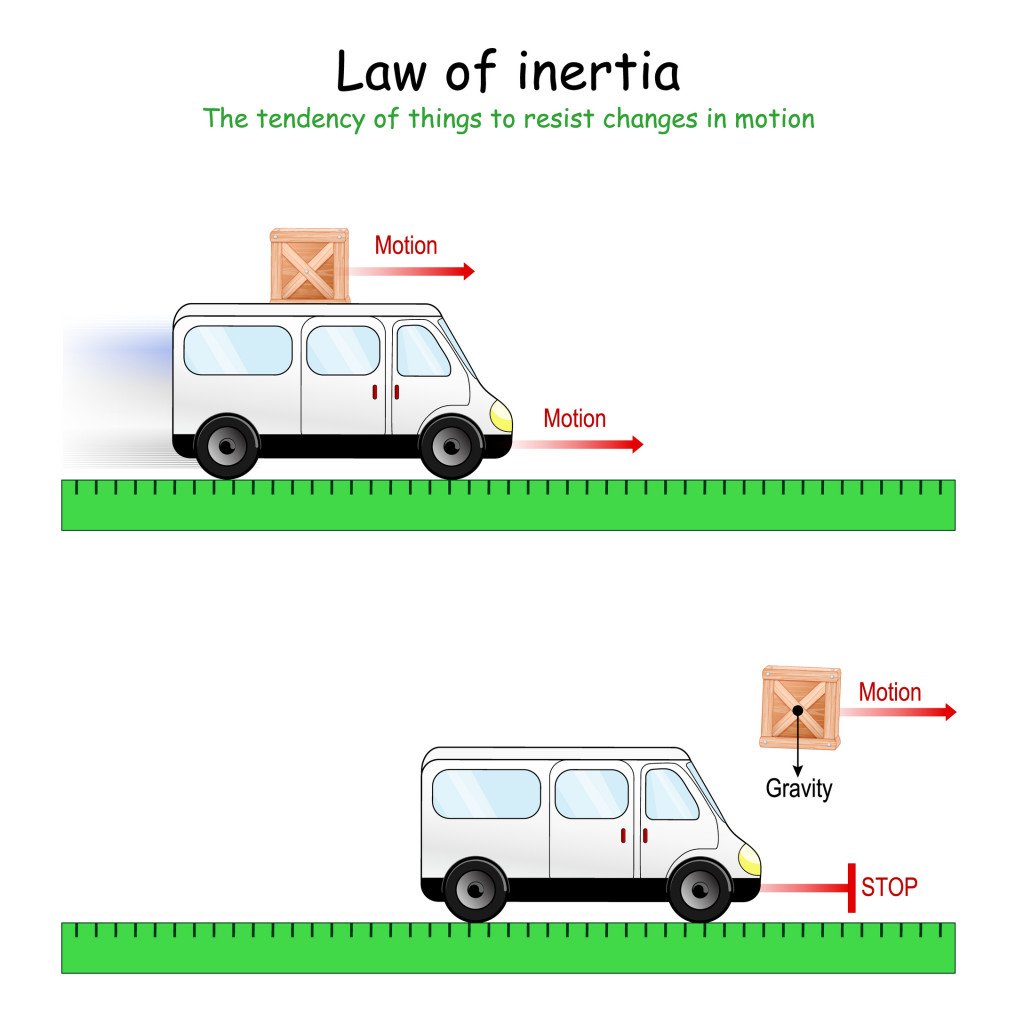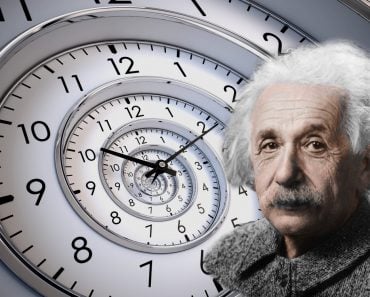Table of Contents (click to expand)
We lose our balance because of the fictitious force that we experience due to the change in our reference frames.
In the modern world, our lives often move very fast and we try to get things done as quickly as we can. For example, to get to the far edges of town, we sometimes use the subway or the bus.
To save as much time as possible, we tend to get off the train or bus as soon as the doors open. Most of the time, the train or bus is still moving at a very slow speed when the doors open, but we don’t wait for them to completely stop. We just get off as soon as we can, even if it’s still running.
We’ve all done it and have all then lost our balance while getting off, but believe it or not, there is some very interesting science behind this!
It is so interesting, in fact, that it almost seems… fictitious.
Recommended Video for you:
What Is Inertia?
It all starts with our very old friend—inertia.
Inertia is nothing but the laziness of any object. That might sound nonsensical or silly, but it’s not. Technically, inertia is the property of any object to oppose the change in its motion.

An object, once pushed and set into motion, will keep moving indefinitely, unless something goes and stops it.
However, we have seen in everyday life that if we push something, it eventually stops on its own. So… what’s going wrong? Nothing! The objects in our daily lives stop because they experience friction and air resistance. If we push an object in a vacuum, it will continue moving in that direction forever.

To learn more about inertia, you can watch this ‘The Science Asylum’ video on YouTube:
What Is A Frame Of Reference?
A frame of reference is a very important concept in physics. Without a frame of reference, we wouldn’t be able to study any phenomena in physics.
So what exactly is a frame of reference? You can think of it this way… you are inside a house and someone asks you to check on your friends, who are playing outside. Thus, you go to a window and look outside. When asked how far away they are and how fast they are running, you answer according to the reference of that window.

In physics, this window is made of scales that give us coordinates.
To understand a physical process, we need to look at it from one point (known as the origin) and we need a set of rulers (known as the coordinate axes) that can measure the movements of the system.
These coordinates and the origin represent a frame of reference.
There Are Two Types Of Reference Frames –
i) inertial frame of reference
ii) non-inertial frame of reference.
A frame of reference doesn’t have to be at rest; it can move as well. Thus, any frame that moves at a constant speed is an inertial frame of reference, while any frame that moves with some acceleration is known as a non-inertial frame of reference.
When we observe anything in our life, we act as the frame of reference. We don’t need an actual scale to measure things, but us acting as observers gives us a frame of reference. Everything we experience is according to our frame of reference, whereas someone else might experience the same incident differently, since they have a different frame of reference (this is exactly what happens in relativity, but we won’t get into that today).

However, what we need to keep in mind is that whenever we walk, watch, sit, run, or jump, we’re always acting as a frame of reference.
Even when we travel on a train, we are in the frame of reference of the moving train, and it is this frame of reference that makes us lose our balance on a moving train. How? Let’s dig into it.
The Fictitious Forces
As mentioned earlier, an object only moves if an external force is applied to it. When we’re sitting in a car and someone suddenly steps on the brakes, we jerk forward. Similarly, when we get off a running train, we get jerked backward as our foot lands on the platform.

Our motion is changing, even though no direct force is being applied to us. You can stop a rolling ball by putting your hand in front of it because you exert force on it, but there is no force being exerted by anything on us in both the cases mentioned above.
What makes us lose our balance then? A fictitious force.
Whenever we change our frame of reference (in the case of the train, we are in the moving frame of reference of the train, but then we step down onto the stationary frame of reference of the platform), or whenever a frame of reference is non-inertial (in the case of the braking car, the deceleration makes it a non-inertial frame), a fictitious force acts on us.

It is this fictitious force, due to the change in the frame of reference, that makes us lose our balance as we get off a moving train.
Conclusion
We learned that a change in the frame of reference makes a fictitious force act on us; it is this fictitious force that makes us lose our balance if we step off a moving train, because we change our frame of reference from the one moving with the speed of the train to a different one that is stationary on the platform.












